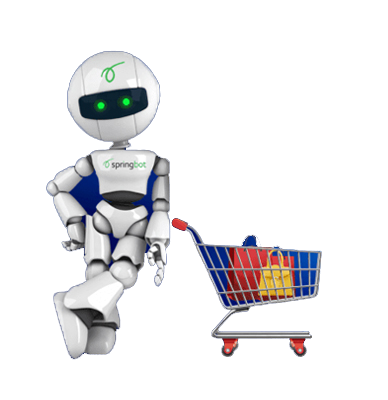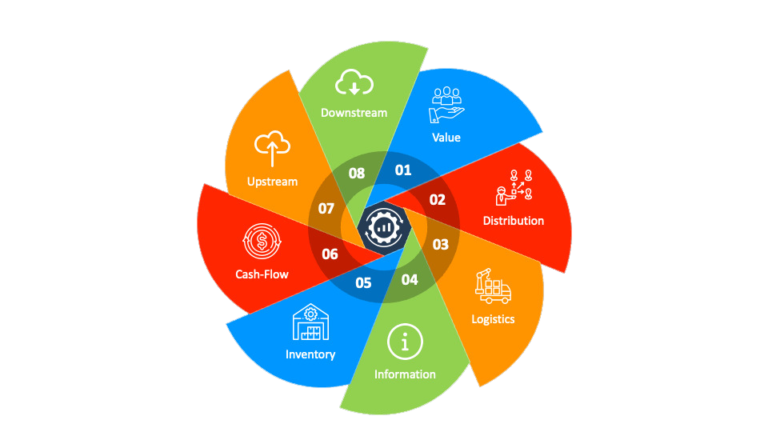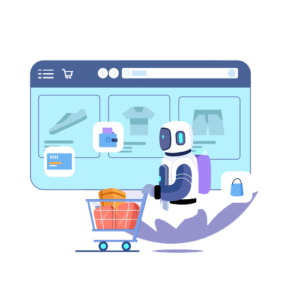
Why AI in E-Commerce
Staying ahead of the curve is essential for success in the ever evolving world of e-commerce. One of the most significant innovations changing the industry is the application of artificial intelligence (AI). E-commerce is changing dramatically as a result of artificial intelligence (AI), from more personalized buying experiences to improved customer service. As such, it is a crucial consideration for any business operating in this sector.
Thanks to artificial intelligence (AI), e-commerce platforms may offer highly customized shopping experiences by studying customer data and activity. Using machine learning algorithms, AI may provide product suggestions based on a user’s browsing history, buying patterns, and preferences. This level of personalization increases customer satisfaction and increases the likelihood of conversion and repeat business.


Virtual assistants and chatbots driven by AI have completely changed e-commerce customer service. These AI-powered tools can assist customers in real-time, manage orders, and reply to questions. By using machine learning and natural language processing, these virtual assistants offer 24/7 support, increasing client satisfaction and retention.
AI enables e-commerce businesses to forecast demand, trends, and inventory needs more accurately. Artificial intelligence (AI) can examine massive amounts of data and provide insights into the behavior of customers. This enables companies to decide on pricing, marketing strategies, and inventory control with knowledge.


AI makes it possible for e-commerce companies to implement advanced fraud detection systems. Machine learning algorithms can safeguard both the organization and its clients by spotting patterns of fraudulent activity, highlighting dubious transactions, and stopping potential security breaches.
With AI-driven dynamic pricing, e-commerce enterprises may instantaneously adjust their prices based on customer behavior, competition, and demand. This ensures pricing strategies that are competitive while also maximizing profitability.


Artificial intelligence (AI) has the potential to improve supply chain management by improving inventory control, accelerating transportation, and forecasting demand. As a result of the timely delivery, there are eventually fewer stockouts, reduced operational costs, and increased customer satisfaction.
In conclusion, AI integration for e-commerce is now a must—it is no longer an option. Any e-commerce company may gain a lot from its potential to improve consumer satisfaction, streamline operations, and enhance customization. By implementing AI, businesses may increase growth, gain a competitive edge, and meet the always-changing demands of the modern client. Ignoring artificial intelligence’s promise in e-commerce might loss of significant growth and innovation opportunities in a highly competitive field.

